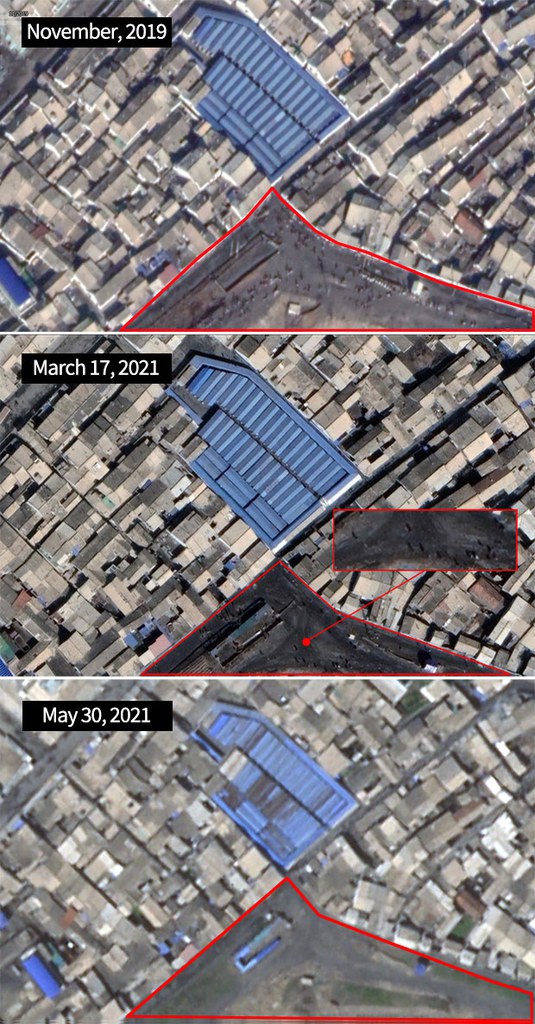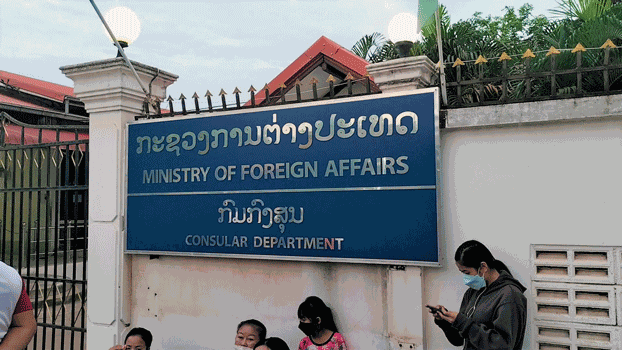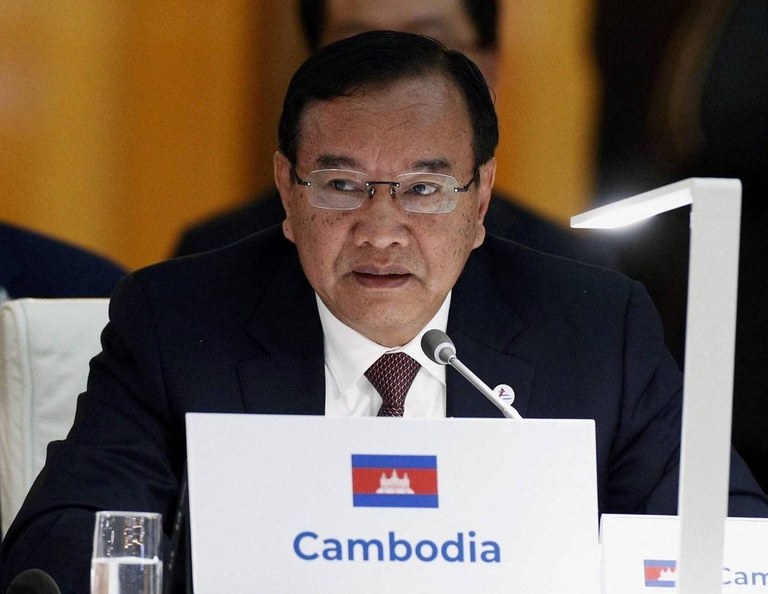Social media comments express ‘shock’ over Tangshan police’s treatment of reporters
Authorities in the northern Chinese city of Tangshan have been obstructing state media journalists after they tried to follow up on a crackdown on organized crime in the city, sparked by thugs beating up women at a barbecue restaurant earlier this month, social media reports said. In one video on Weibo, a woman faces the camera in the style of a news anchor and introduces a video clip of a Guizhou journalist who tried to cover the anti-gangs campaign in Tangshan, known as Operation Thunderstorm. “I am a reporter,” the woman says. “According to the Regulations on News Reporters, journalists who carry a press card are protected by law when carrying out their reporting duties. Individuals and organizations are prohibited from interfering or harassing a reporter or a news organization in carrying out legal reporting activities.” “Despite this, journalists who go to Tangshan to cover the campaign against organized crime, are running into obstructions at the hands of the campaign itself.” In the video clip, the Guizhou journalist said he was shoved around and manhandled by police. “A police officer yelled at me, twisted my neck, roughly pressed my hair, told me to kneel, and put my hands behind my back,” the man says in the video clip. “Four or five police officers surrounded me and searched me.” “They confiscated my cell phone, power bank and other items.” He added: “When I showed my press card a policeman came into the interrogation room where they were holding me and yelled at me … calling me unqualified … and ignorant.” Reporter targeted Weibo user @Brother_He,_Shaanxi commented that such behavior was more appropriate when “catching criminals.” “But sadly, the police in Tangshan did not target the underworld forces this time, but a reporter who had a press card,” the user wrote. “According to various media reports … it is very difficult to enter Tangshan now. When you arrive at Tangshan Station, you cannot move around freely. You need to take a designated vehicle, and you must take a photo with the car before leaving,” the post said. The woman in the video also cited a Phoenix news reporter as saying that authorities in Tangshan had deleted all of his video footage, claiming he was there to “make money.” “What’s even more shocking is that you might think that they would take a bit more care of [state broadcaster] CCTV, but that several CCTV news vehicles have been smashed up,” she says. “Yes, that’s right. CCTV news vehicles. Pretty outrageous, huh?” @Albert_Qiang commented: “Tangshan is rebelling!” while @Cai_Xukun’s_mother-in-law wrote: “Isn’t it a bit of a joke asking the police to go after criminal gangs? They are a criminal gang.” “Operation Thunderstorm is blocking the news with its thunder,” user @Hongru_hrh quipped, while @JOHN-976 added: “If you can’t solve the problem, then go after the people asking about the problem.” The reports prompted criticism of the journalists from professor Liu Qingyue of the media studies department of Beimin University in the central province of Hubei, who wrote on the ruling Chinese Communist Party (CCP)-backed account Jinri Toutiao that “a press card isn’t an access-all-areas pass.” Social media backlash Liu said the journalists should reflect on their own behavior in traveling to a sensitive area, prompting an angry backlash on social media. Veteran journalist Cheng Yizhong, who edited the once cutting-edge Southern Metropolis Daily newspaper, said Liu was just acting as a “mouthpiece” for what is CCP policy. “What this professor said strikes exactly the same tone as the CCP propaganda department,” Cheng told RFA. “She is just a mouthpiece.” “The CCP has already eradicated all … possibility of freedom of the press in China … and journalism departments in universities have been brought totally in line [with the government],” he said. Cheng said all news stories are seen as political in the eyes of the CCP. “After an incident like Tangshan happens, local news agencies will receive a ban from the local authorities, usually communicated by phone call or verbally, warning news organizations not to do any reporting on their own, but to rely on approved copy circulated by the centrally controlled news media,” Cheng said. Current affairs commentator Johnny Lau, who once worked as a journalist in Beijing, said the reactions to Liu’s comments indicate growing public dissatisfaction with official controls on free speech. “The CCP controls the media and public speech, not only through its machinery of suppression, but also through its public opinion management … which means that it controls a group of people who will endorse official policy,” Lau told RFA. “The backlash [against Liu’s comments] is part of public dissatisfaction with the entire CCP public opinion industry,” he said. Translated and edited by Luisetta Mudie.





